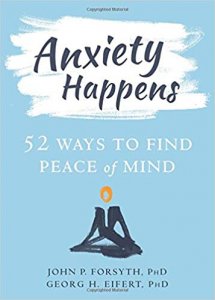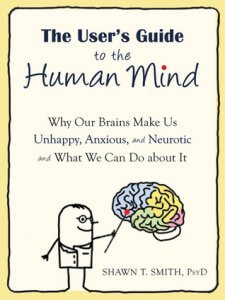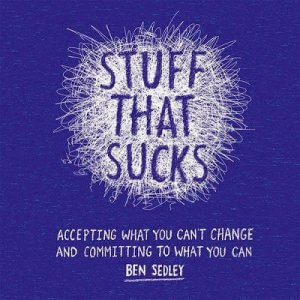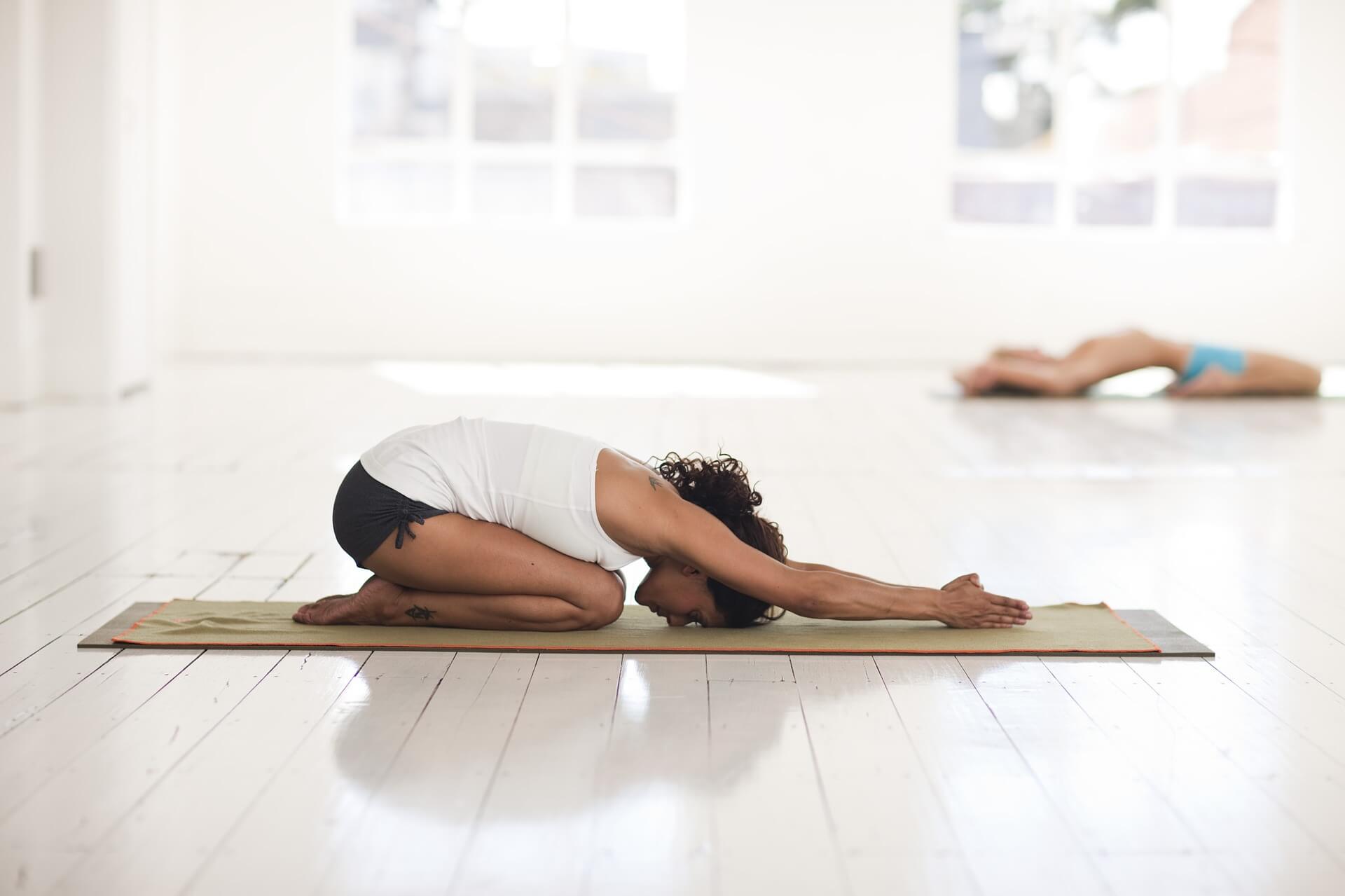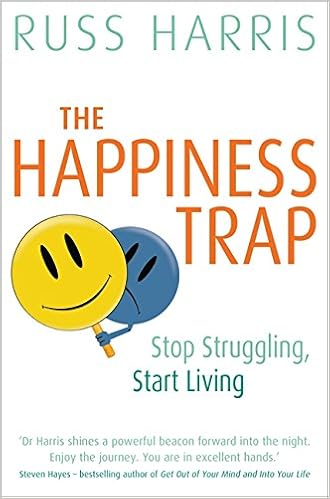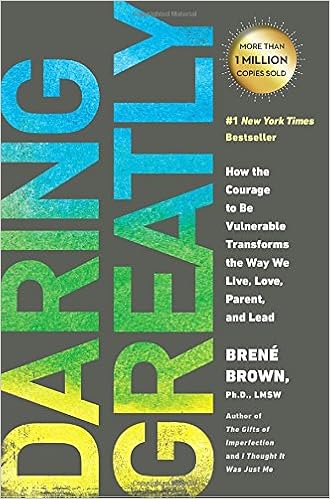Largest Mindfulness Lesson – new World Record at UQ, Brisbane 23.07.19
By Tunteeya Yamaoka
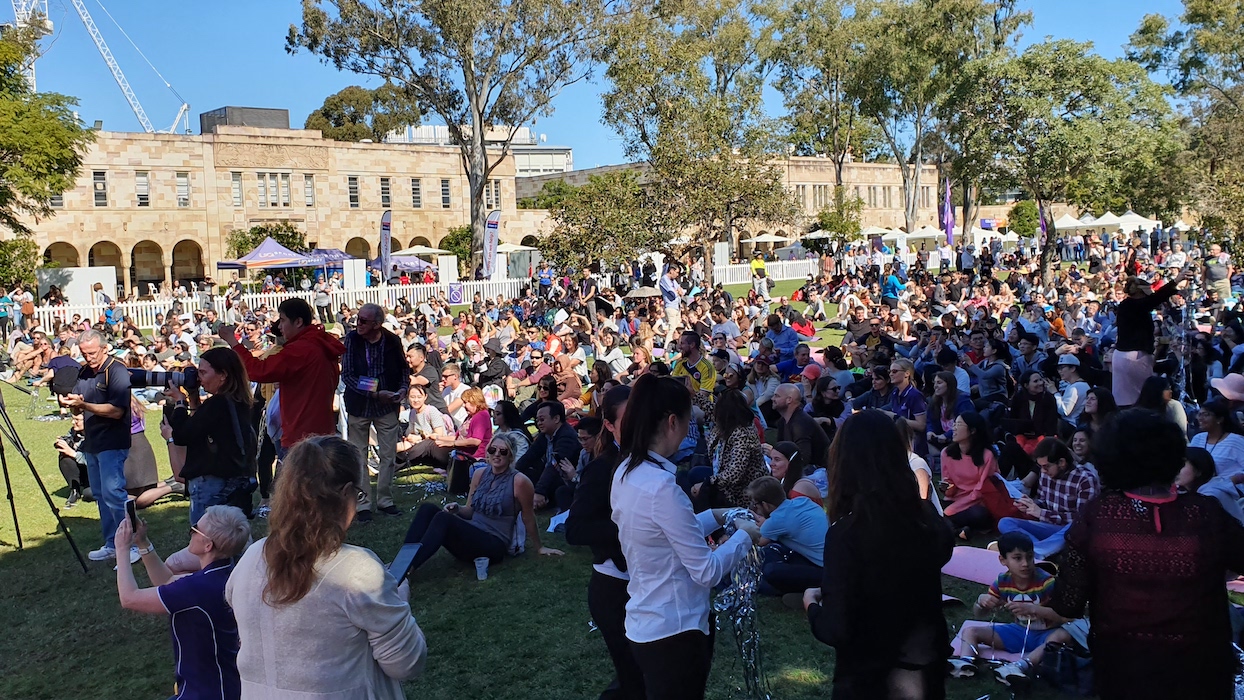
On Tuesday 23.07.19 at the University of Queensland 1417 people participated in the world’s largest ever mindfulness lesson, setting a new Guinness World Record! Renowned mindfulness expert Dr Russ Harris, author of “The Happiness Trap” and many other ACT books led the mindfulness lesson for 30 minutes, and took the audience on a thoroughly interesting journey towards living a more present and engaged life. Brisbane ACT Centre was proud to participate in this exciting event, with director Dr Rob Purssey and practitioner Tunteeya Yamaoka serving as official Witnesses for the Guinness team!
Mindfulness skills not only actively increase your focus and concentration but also help you to set clear life intentions so that you can live more fully, according to your personally chosen values, and being far less caught up in your daily struggles with thoughts and feelings.
At the end of the day what we are all looking for is peace, purpose and fulfilment in our lives. During the lesson Russ Harris helped the audience connect with how living a more “Mindful, purposeful and fulfilled Life” can be undermined by our efforts to avoid or escape from difficult life experiences or “getting rid of” unpleasant thoughts and emotions. On the other hand, living more fully can be enhanced by becoming more present in the moment, engaged with our values, mindfully aware of our inner and outer experiences, and letting go of control.
One simple and effective strategy that Russ taught the audience during the lesson was his “ACE Process” to build purposeful awareness.
- Awareness: Intentionally building gentle, willing awareness of your inner experiences. Noticing and naming our thoughts and feelings and becoming more skilful at describing our emotions.
- Centering: Focussing attention on the breath, as you inhale and exhale, just feeling the air entering and leaving your body, grounding yourself by simply focusing on the physical sensations you experience, gently and mindfully just noticing the breath.
- Expanding: Expanding your awareness from your body to what is going on around you. Look around, what can you see? Focussing your attention by using sight, sound, taste, touch and smell to become more mindfully aware of your surroundings.
Life makes a lot of demands on us, and it is easy to be swept away with the tide of busy thoughts and tricky feelings. Practicing mindfulness skills can allow us to stay grounded during challenging life experiences so that we can focus and ACT on what really matters.
Call Brisbane ACT Centre’s experienced team on 07 3193 1072 to explore how mindfulness skills training can help YOU get present in the moment, connect with purpose, and LIVE more fully!











